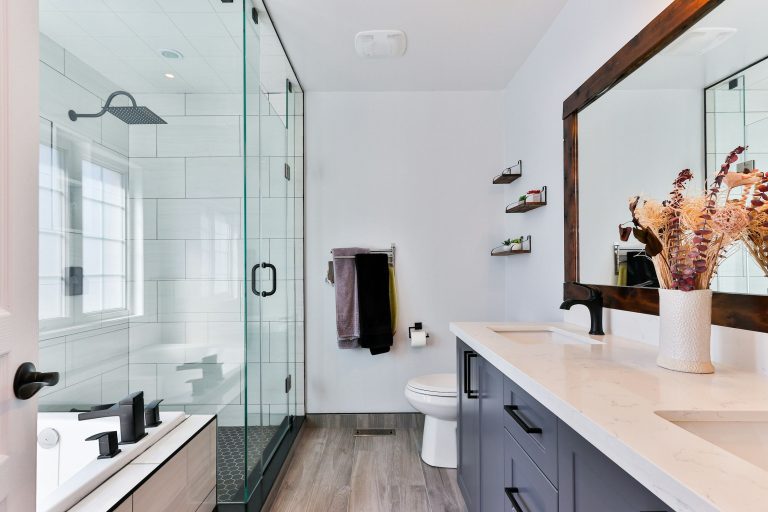
Deciding whether to replace your floors before selling your house depends on various factors, including the condition of the existing floors, market trends, budget, and potential return on investment (ROI). Here are some considerations to help you make an informed decision:
1. Condition of Floors
Assess the current condition of your floors. If they are worn, damaged, or outdated, replacing them may improve the overall appeal and value of your home.
2. Market Trends
Research local real estate market trends. Consider the flooring preferences of potential buyers and whether updated flooring is a common feature in homes selling in your area.
3. Buyer Expectations
Consider the expectations of potential buyers. Flooring is a significant aspect of home aesthetics and functionality. Updated, well-maintained floors can enhance buyer interest and may lead to quicker offers.
4. ROI
Estimate the cost of replacing the floors and weigh it against the potential ROI. Will new floors significantly increase the home’s value and selling price? Factor in other home improvements and market conditions when determining your pricing strategy.
5. Market Competition
Evaluate the competition in your local real estate market. If many comparable homes have updated flooring, replacing yours can help your property stand out and attract more buyers.
6. Budget Constraints
Consider your budget and financial situation. If replacing the floors is a significant expense that may strain your finances, explore alternative options such as cosmetic improvements or pricing adjustments.
7. Type of Flooring
Choose flooring materials that are popular, durable, and suitable for your target market. Common options include hardwood, laminate, tile, vinyl, and carpet. Consult with flooring professionals for recommendations based on your needs and budget.
8. DIY vs. Professional Installation
Decide whether to DIY the flooring installation or hire professionals. Professional installation ensures quality workmanship and may be preferred by buyers. However, DIY can save costs if you have the skills and time.
9. Flooring Warranties
If you replace the floors, inquire about warranties from manufacturers or installers. Transferable warranties can be attractive to buyers and provide added assurance.
10. Consult with Real Estate Professionals
Seek advice from real estate agents and home staging experts. They can provide insights into buyer preferences, market expectations, and cost-effective strategies for improving your home’s appeal.
Conclusion:
The decision to replace your floors before selling depends on factors such as their condition, market trends, buyer expectations, ROI, budget, and competitive landscape. Evaluate these factors carefully, gather professional opinions, and choose the option that aligns with your goals for selling your home and maximizing its appeal to potential buyers.
image from unsplash @jarson















